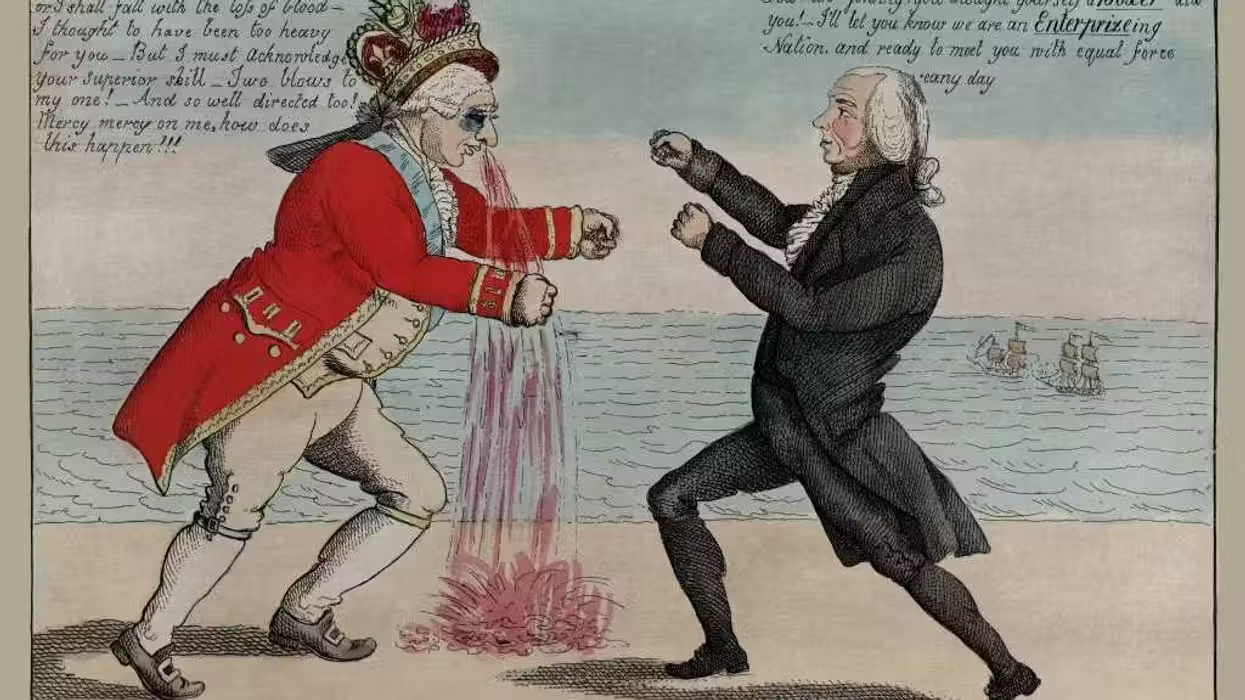
© 2026 Blaze Media LLC. All rights reserved.
This year, NPR reports, four highly-publicized scientific studies or findings researched by reputable sources or published in peer-reviewed journals were debunked and in some cases retracted.
According to NPR, what they all had in common was that both the public and those in the scientific community really wanted to believe that the results were true:
Among the highly publicized discoveries that got debunked this year: a genetic basis for longevity; a new form of life; an explanation for autism; and a link between a virus and chronic fatigue syndrome.
Who wouldn't want to believe that good genes could lead to a 100+ year life; that an organism could be found living without one of life's essential elements suggesting it could be extraterrestrial; that the cause for autism was finally explained; or that there was a root cause for chronic fatigue syndrome?
NPR reports that the 2010 paper claiming that 150 groups of genes were found in common among people 100 years of age or older was retracted from the journal Science this year. The device used by Duke University researchers to analyze the genes produced misleading results.
Another 2010 study by NASA published in Science stated that a microorganism was found using arsenic instead of phosphorus -- an element essential to all life. The genome of the organism was reviewed by a scientist at the University of Illinois, Chicago, who found "nothing surprising." NASA has stood by the paper and the journal has not retracted it.
Perhaps one of the more disappointing ideas debunked this year was for autism. An article written in 2005 by Robert F. Kennedy Jr., appearing in Salon and Rolling Stone, suggested that autism was linked to a preservative in vaccines. It wasn't long before scientists were taking issue with the article.
Scientists soon pointed out major errors in the piece, and Salon published a number of corrections.Then this year, the writer Seth Mnookin published a book called The Panic Virus, which included a thorough dissection of the Kennedy piece.
"When my book came out, Salon used that as an occasion to sort of revisit the entire controversy and said publicly that it had been a mistake to publish it, and retracted the piece, and actually pulled it off of their website," Mnookin says.
Rolling Stone, though, hasn't followed suit.
Finally, the most recent retraction this year is of a 2009 study linking chronic fatigue syndrome to a virus. The research from Whittemore Peterson Institute was published by Science in 2009. The paper was formally retracted this month. NPR reports Ivan Oransky, who is the co-founder of the blog Retraction Watch, as saying the results of the study were skewed by poorly designed experiments and other factors.
Listen to the full NPR report here.
Want to leave a tip?
We answer to you. Help keep our content free of advertisers and big tech censorship by leaving a tip today.
Want to join the conversation?
Already a subscriber?
more stories
Sign up for the Blaze newsletter
By signing up, you agree to our Privacy Policy and Terms of Use, and agree to receive content that may sometimes include advertisements. You may opt out at any time.
Related Content
© 2026 Blaze Media LLC. All rights reserved.
Get the stories that matter most delivered directly to your inbox.
By signing up, you agree to our Privacy Policy and Terms of Use, and agree to receive content that may sometimes include advertisements. You may opt out at any time.






